Dhaka's megacity has claimed the world's most polluted city's grim title at 8:00 am on Monday, February 12th, with an Air Quality Index (AQI) of 286, categorizing its air as "exceedingly deleterious." This alarming news highlights the severe ecological challenges faced by Dhaka's residents, where air pollution poses a significant threat to their health and well-being.
Dhaka isn't alone in its struggle. Indian cities Kolkata and Mumbai, alongside Lahore in Pakistan, follow closely with concerning AQI scores of 269, 240, and 211, respectively. This paints a worrying picture of an air quality emergency gripping major urban centers across Asia.
The AQI scale categorizes readings between 201 and 300 as "exceedingly deleterious," signifying a high risk of severe health problems for the population. It increases the chances of stroke, heart disease, lung disease, and even cancer, particularly for vulnerable groups.
The AQI is determined by five key pollutants: delicate particulate matter (PM10 and PM2.5), nitrogen dioxide, carbon monoxide, sulfur dioxide, and ozone. Monitoring these levels helps raise awareness about air quality and its potential health impacts.
Unfortunately, Dhaka's residents are familiar with the city's chronic air pollution, with winter typically seeing the worst conditions. However, the monsoon season brings temporary relief, showcasing the cyclical nature of the city's ecological struggles. The World Health Organization (WHO) reports that air pollution claims around 7 million lives globally annually.



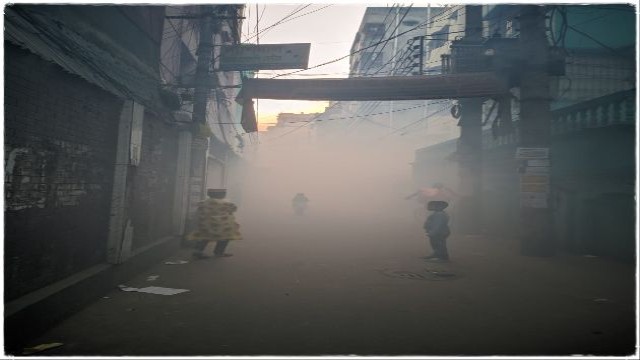
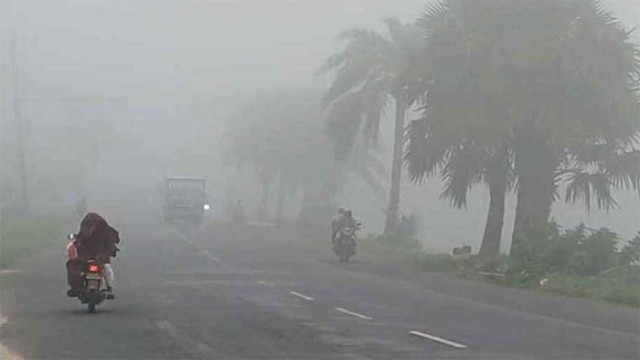
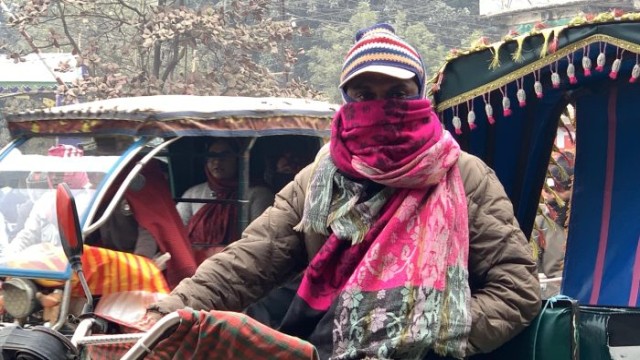
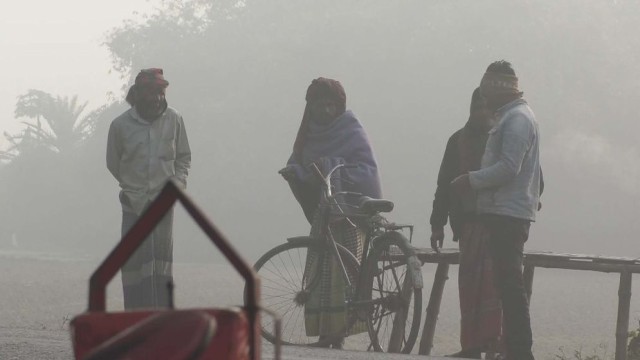
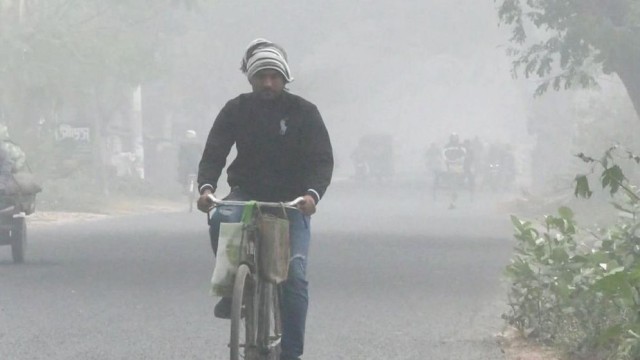

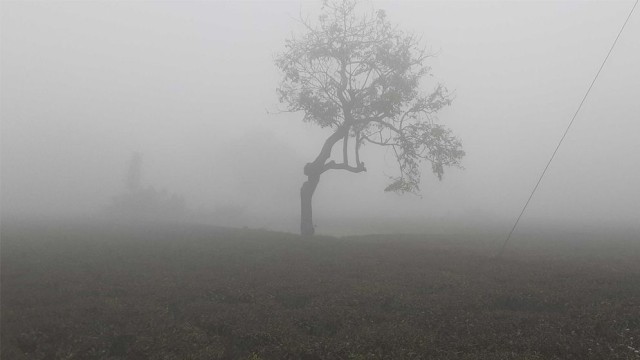
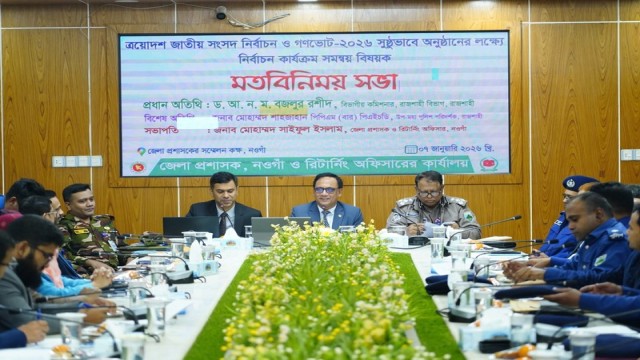



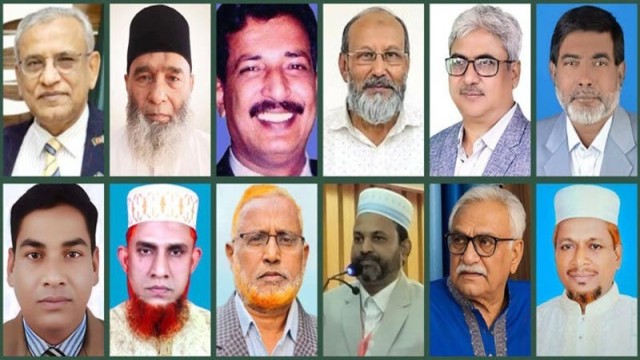







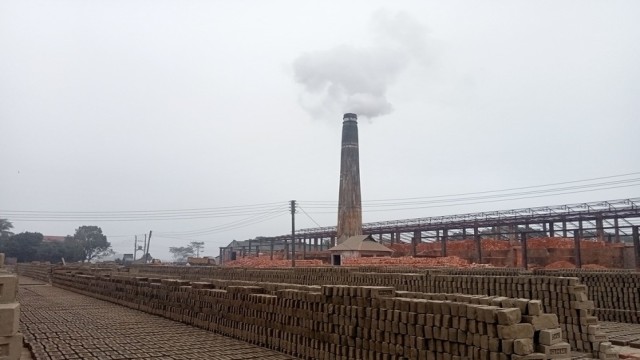
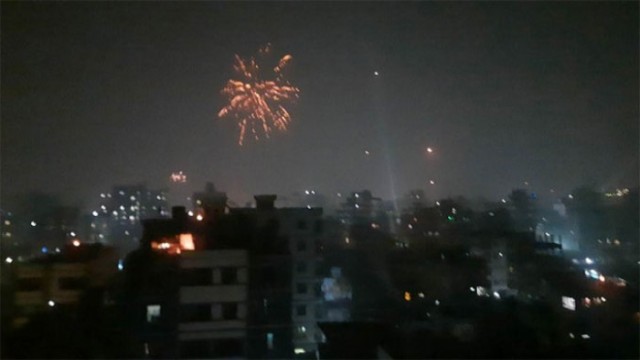


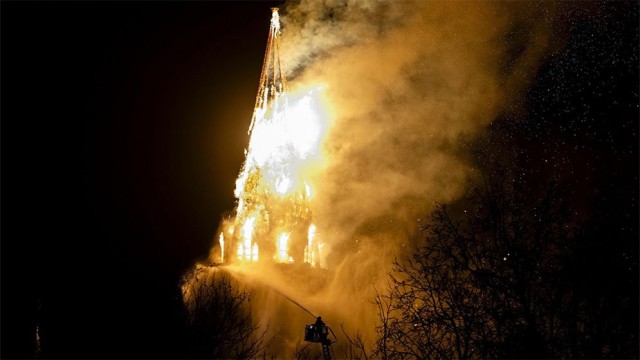
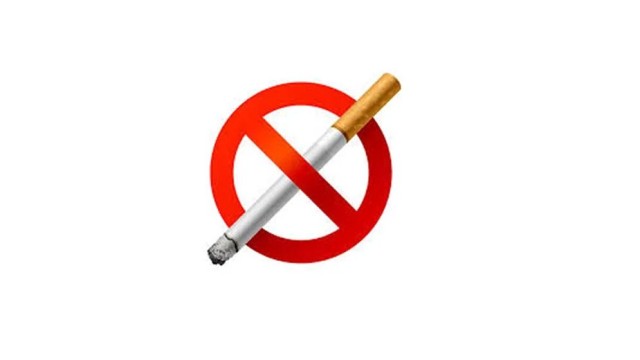


Comment: